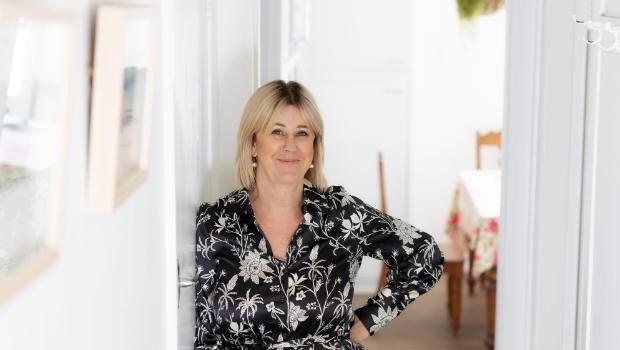However, those claims have been disputed by a Southland farming leader, who said she was out of touch with practices and should venture south to see reality.
Save Animals from Exploitation (SAFE) chief executive Debra Ashton said she was concerned about animal welfare in the region.
"The spike in the lamb deaths is really adding to our growing concerns about practices in Southland, and the ability for farmers to be able to protect the animals."
After the recent bad weather, she questioned the suitability of the region for livestock farming.
"If we're going to keep raising animals in those kind of environments and putting them at risk of these extreme weather events, we are going to keep seeing these deaths and suffering of animals."

"It disgraces our reputation on the global stage. We pride ourselves in high animal welfare standards, and yet we have baby lambs dying in the South Island and we're not enforcing our Animal Welfare Act."
Federated Farmers Southland meat and wool chairman Dean Rabbidge said she was mistaken.
Slink skins were being collected this year and he doubted she had accounted for that.
"It's the first time in a long time there's actually been a slink skin collection, so we need to take that into consideration. The longer and greater collection may have skewed those figures.

The weather had not been ideal and Mr Rabbidge said he acknowledged that, but there were always going to be deaths.
"There are some losses during bad weather, but losses can be high during summer, or fine weather. There’s a certain percentage of mortality regardless of how well you’ve prepared. It’s unfortunate but we can’t do anything about that."
Mr Rabbidge said Southland farmers worked hard to protect their stock.
"Farmers are constantly trying to adapt, to improve production and ensure greater levels of lamb survival. I think it's important to remember that farmers aren't going out there to intentionally lose stock. Our livelihoods and businesses rely heavily on what happens over the lambing season."
He invited anyone concerned with animal welfare or the suitability of Southland for farming to head south and find out the realities of farming.
"It is a fantastic place to farm. I think they’re just delusional. I would like to know if anyone would like to come out, go out lambing with us, and see what actually goes on," Mr Rabbidge said.














